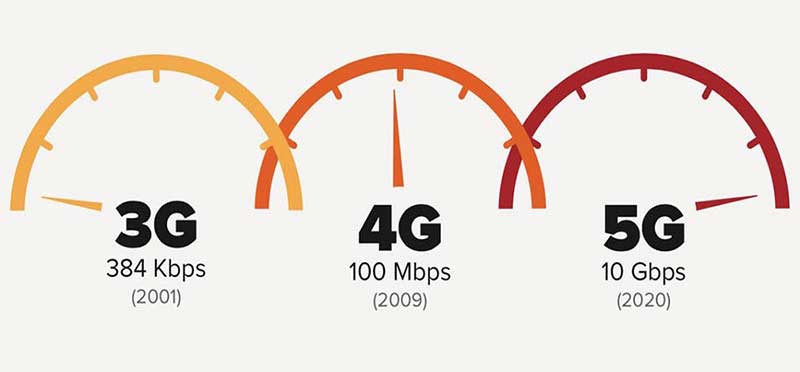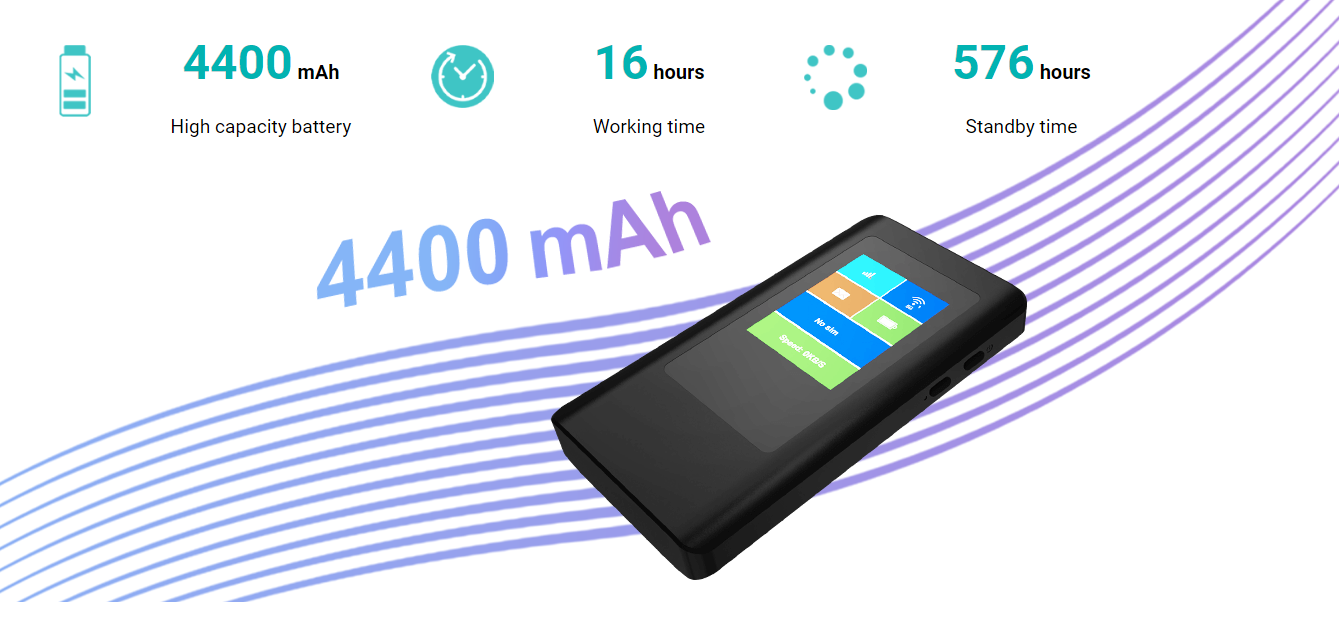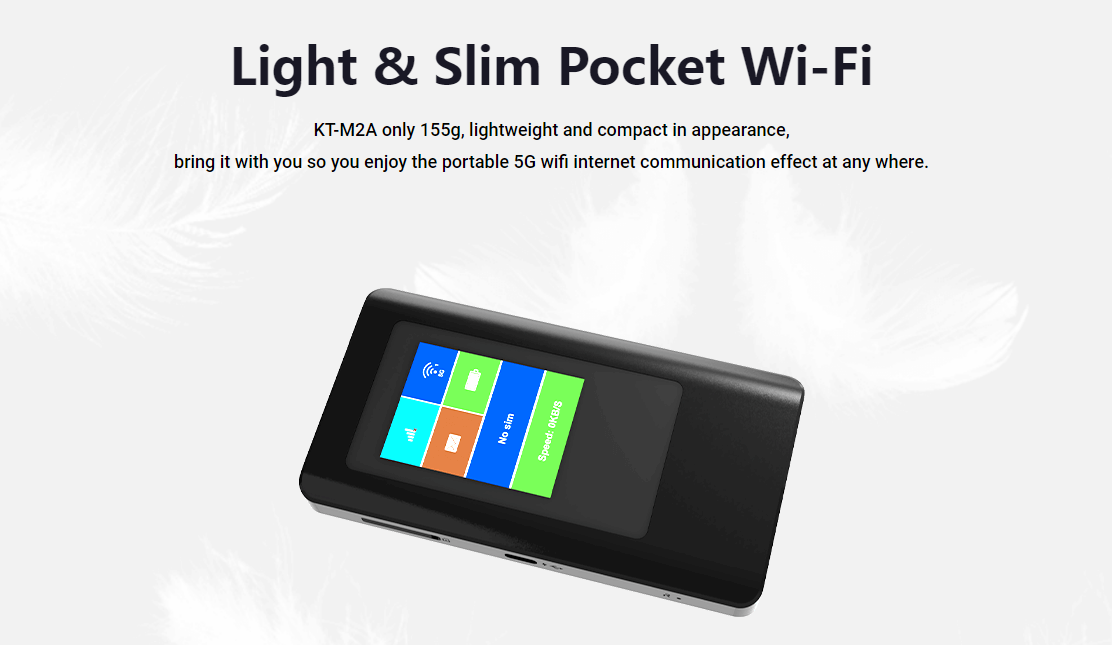In today's fast-paced world, internet connectivity has become an integral part of our daily routine, without which our daily activities may come to a standstill. Whether it’s for work, school, or personal use, internet access is necessary for staying connected to the world around us. The popularity of mobile hotspot devices has soared in recent times, primarily owing to their convenience and versatility. They allow users to create a Wi-Fi network wherever there is cellular coverage, providing internet access for laptops, smartphones, tablets, and other devices. This makes them an ideal solution for people who need internet access on the go, whether they’re traveling, working remotely, or simply need to stay connected while away from home. The key benefit of mobile hotspot devices lies in their portability. Thanks to their compact and lightweight design, these devices can be conveniently carried in a bag or pocket, making them highly portable. This means that users can take their internet connection with them wherever they go, without the need for a fixed internet connection. Additionally, mobile hotspots can be used in a variety of locations, including hotels, airports, cafes, and even outdoor areas with cellular coverage. For individuals who require internet access for several devices simultaneously, mobile hotspot devices prove to be an invaluable tool. Instead of relying on a single device’s cellular connection, a mobile hotspot device can provide internet access for multiple devices, making it a convenient solution for families, teams, or groups of friends. Another advantage of mobile hotspot devices is their compatibility with a range of networks. They can work with 3G, 4G, and 5G networks, depending on the device and carrier. This provides users with more flexibility and ensures that they can connect to the best available network in their area.
Overall, mobile hotspot devices have emerged as a convenient and flexible solution for people who need internet access on the go. Whether you're on the go, traveling, or working remotely, a mobile hotspot device can ensure that you stay connected by providing dependable internet access for multiple devices, regardless of your location. With so many options available on the market, you may be confused about how to choose a mobile hotspot device. In this blog post, we’ll explore the key factors to consider when selecting a mobile hotspot device, so you can make an informed decision and stay connected wherever you go.

Network Compatibility
The first factor to consider when choosing a mobile hotspot device is network compatibility. Different devices operate on different networks, such as 3G, 4G, or 5G, and it’s important to choose a device that is compatible with the network you plan to use it on. Make sure to check with your carrier or service provider to ensure that the device you choose is compatible with their network. It’s also important to consider the coverage of the network in the areas where you plan to use the device.
Data Plans
Choosing the right data plan is another crucial aspect to consider when selecting a mobile hotspot device. Service providers and carriers offer various data plans with different data limits and prices. It's essential to choose a plan that caters to your needs and suits your budget. Some plans may offer unlimited data, while others may have data caps or throttling after a certain amount of data is used. You should also consider the cost of data plans over time, as some plans may have hidden fees or require long-term contracts.
Battery Life
When selecting a mobile hotspot device, battery life is a crucial factor to keep in mind since these devices run on batteries. It is essential to choose a device with a battery life that meets your requirements, whether it's a few hours or a full day. Additionally, some devices offer the option to replace the battery, which can be beneficial for extended use. It’s also important to consider the charging time of the device, as some devices may take longer to charge than others.

Device Size and Portability
When selecting a mobile hotspot, the device's size and portability are crucial factors to take into account. If you require a portable device, opt for a smaller one that can be easily transported in a bag or pocket. However, if you need a device with a larger battery or additional features, a larger device may be more suitable. To make a well-informed decision, it's crucial to consider your usage pattern and the surroundings in which you intend to use the device.
Features
Mobile hotspot devices can come with a range of features, such as dual-band Wi-Fi, Ethernet ports, or even built-in VPNs. When selecting a device, it's essential to consider the features that align with your usage requirements. Certain features may prove more valuable for business users, while others may be more suitable for personal use. Additionally, it's crucial to consider the device's ease of use, as some devices may require a more complex setup process than others.

Price
Lastly, the device's cost is a significant factor to consider when picking a mobile hotspot. With various devices available at different price points, it's vital to select one that is affordable and fits within your budget. While opting for the cheapest option may seem attractive, it's worth noting that a higher-priced device may offer better performance, features, or battery life, making it a better long-term investment. Therefore, it's important to consider the long-term value of the device before making a decision solely based on price.
Conclusion
In conclusion, choosing a mobile hotspot device requires considering a range of factors, including network compatibility, data plans, battery life, device size and portability, features, and price. By taking these factors into account, you can choose the best mobile hotspot device for your needs and stay connected to the internet wherever you go.


 French
French German
German Arabic
Arabic Italian
Italian Spanish
Spanish Japanese
Japanese Persian
Persian Korean
Korean Chinese (Simplified)
Chinese (Simplified)









